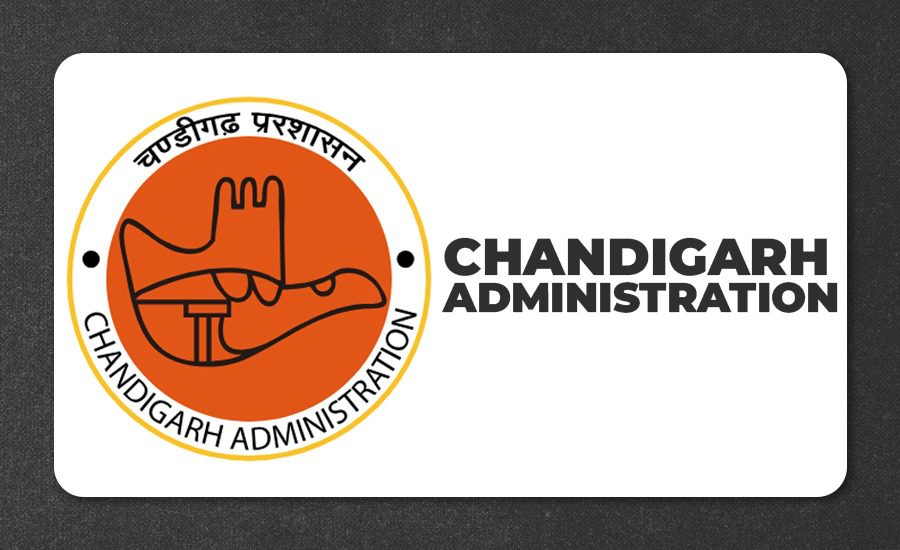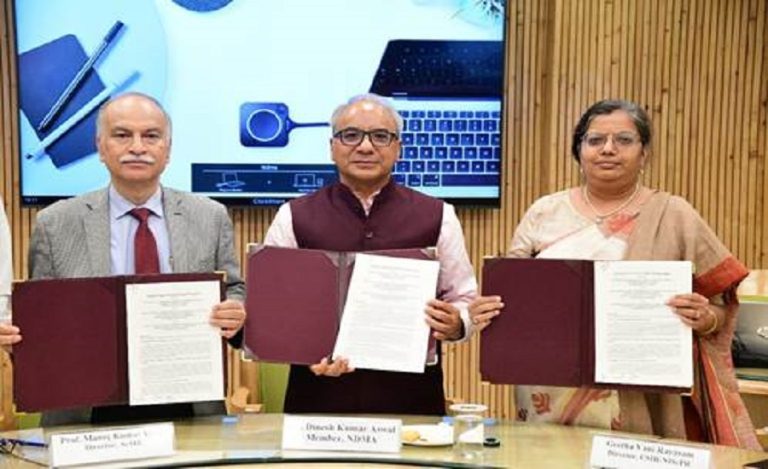Chandigarh: In a major push to strengthen the quality of education and leadership in government schools, the Chandigarh UT administration has launched a first-of-its-kind mentorship initiative – ‘Adopt a School, Inspire a Generation’. The programme aims to connect 42 government schools in the Union Territory with experienced and accomplished professionals from various fields.
Each participating school will benefit from the guidance of four designated mentors – an IAS officer, an IPS officer, a doctor, and an entrepreneur or professor. These mentors will work closely with students, teachers, and school leadership to bring about positive transformations in academic outcomes, infrastructure, innovation, and motivation.
Top Bureaucrats and Officers Lead by Example
Twelve IAS officers and three IPS officers have been named among the mentors under the programme. These include-
IAS Officers: Rajeev Verma (UT Chief Secretary), Mandip Singh Brar (UT Home Secretary), Nishant Kumar Yadav, Ajay Chagti, Hari Kallikkat, Swapnil M Naik, Prerna Puri, Moh Mansoor L, Amit Kumar, Pardeep Kumar, Chaudhary Abhijit Vijay, and Diprava Lakra.
IPS Officers: Pushpendra Kumar, Kanwardeep Kaur, and Sumer Pratap Singh.
Each officer has been assigned a specific school to mentor. For instance, Chief Secretary Rajeev Verma will mentor the PM SHRI Government Girls Model Senior Secondary School, Sector-18, while Home Secretary Mandip Singh Brar will support Government Model Senior Secondary School, Sector-16.
Academicians and Industry Experts Join Hands
The programme also brings in academic and industry leadership. Notable among them-
Yajvender Pal Verma, Registrar of Panjab University, will mentor students at Government Model Senior Secondary School, Sector-8.
Rupesh Singh, Regional Convener, PHD Chamber of Commerce and Industry, has been assigned to Government Model Senior Secondary School, Sector-21A.
Long-Term Vision and Structured Engagement
According to UT School Education Director HS Brar, this initiative has been carefully designed as a sustained, long-term engagement. Mentors are expected to visit their assigned schools at least once a month and engage in continuous follow-up activities. These may include counselling sessions, workshops, infrastructure support, academic interventions, and career guidance.
“While this structured initiative is broadly well set, yet it gives enough flexibility to the mentors to whittle down a shared vision for a vibrant, progressive school education system in the ‘City Beautiful’,” said Brar.
Empowering Students Through Real Role Models
By bringing together top government officials, medical professionals, educators, and entrepreneurs, the programme seeks to inspire students with role models who exemplify excellence and dedication. The presence of such mentors is expected to have a profound impact on student motivation, confidence, and career aspirations.
The initiative marks a strong step toward community-driven and leadership-backed school transformation, aligning with national education reforms and Prime Minister Narendra Modi’s broader vision for youth empowerment.




























